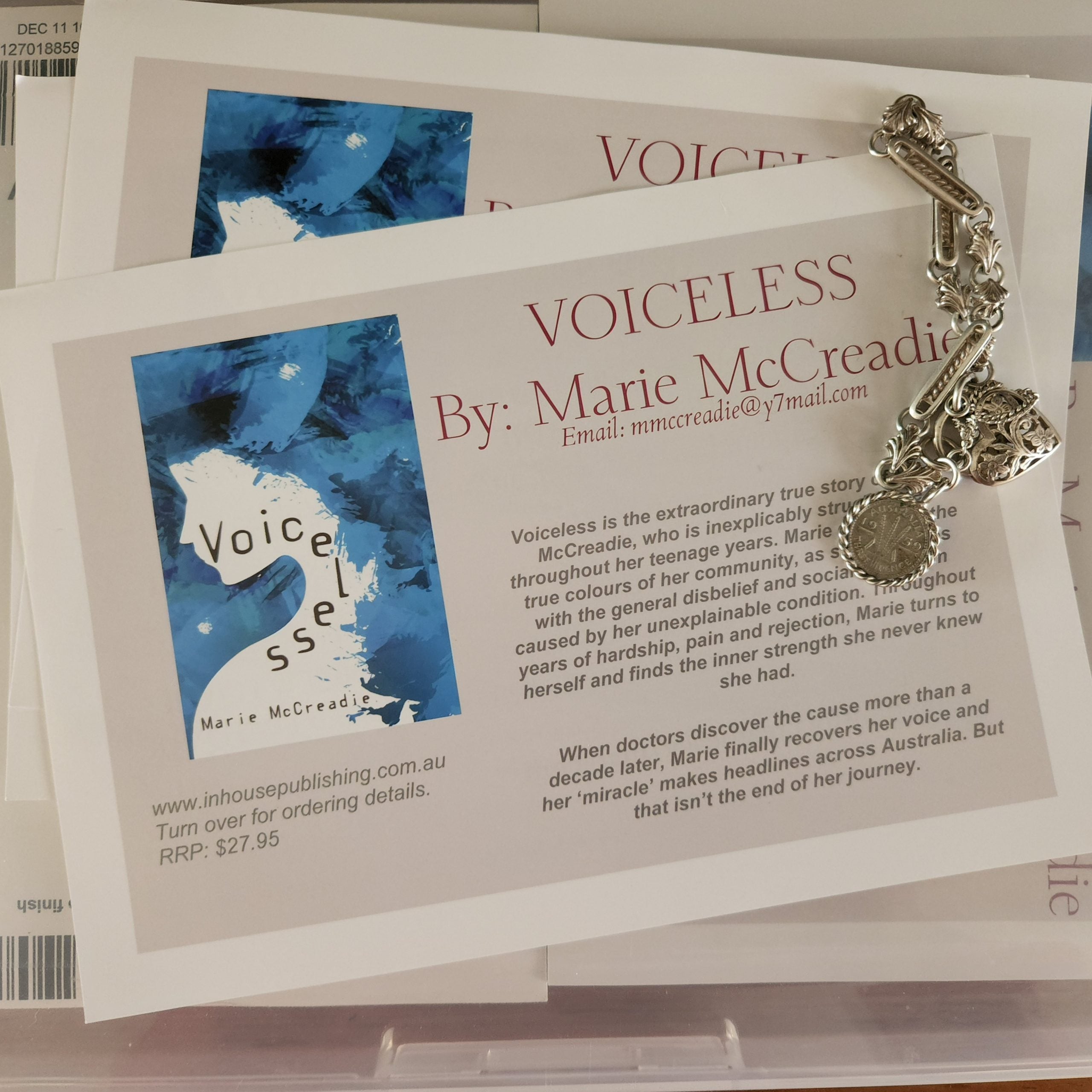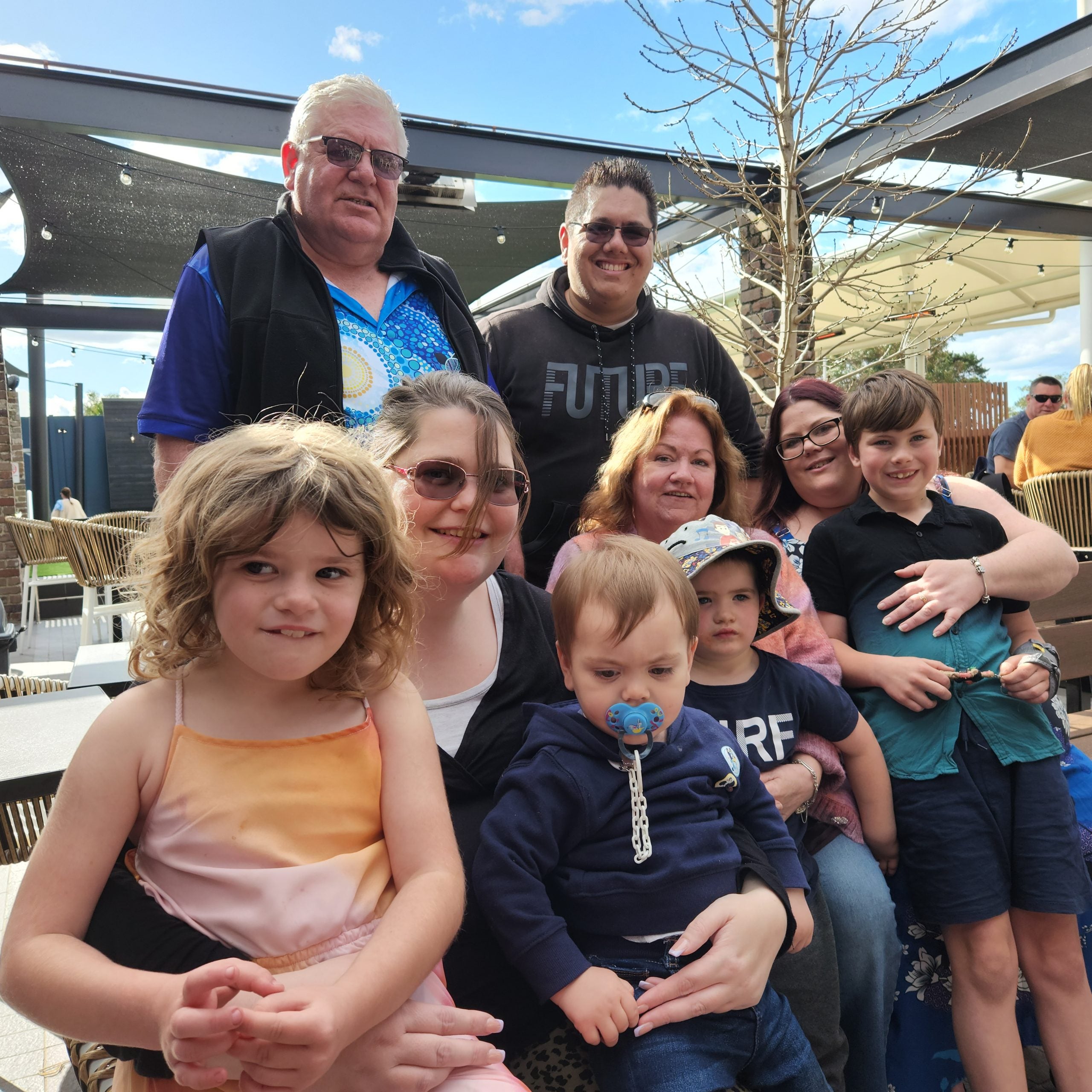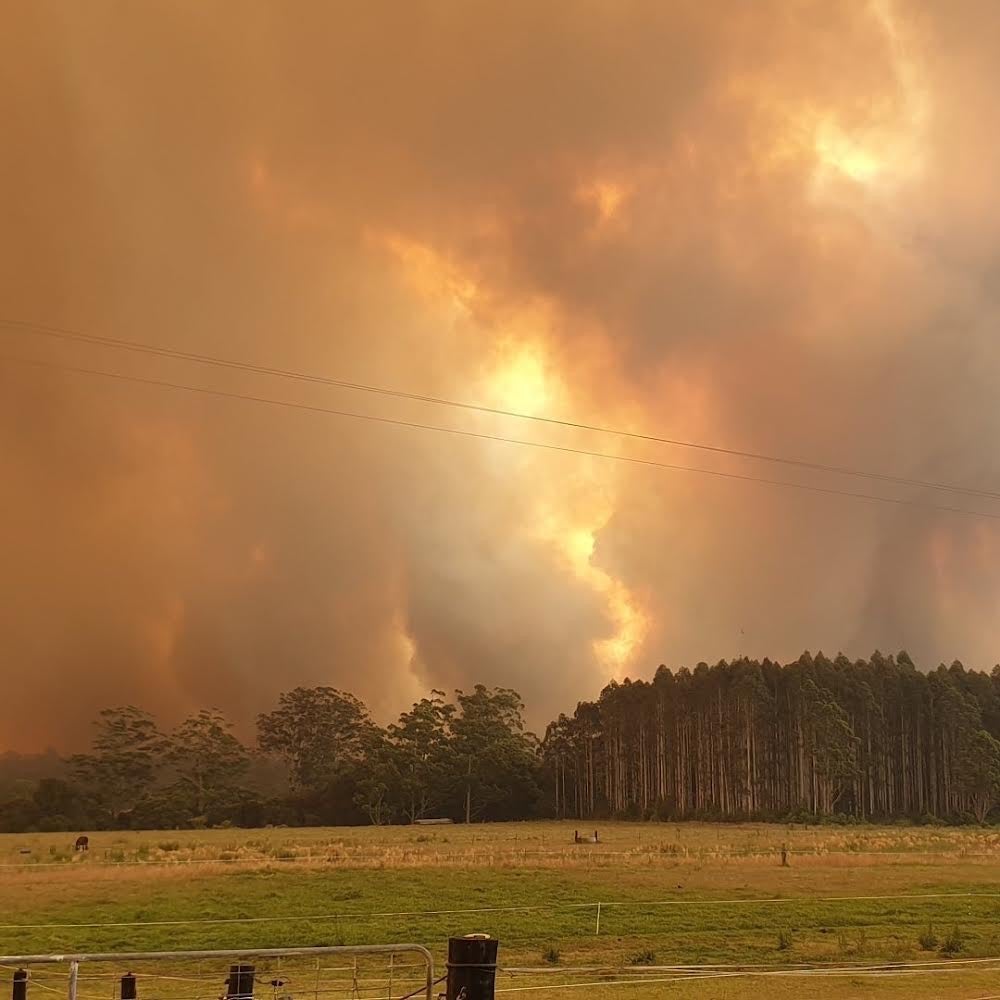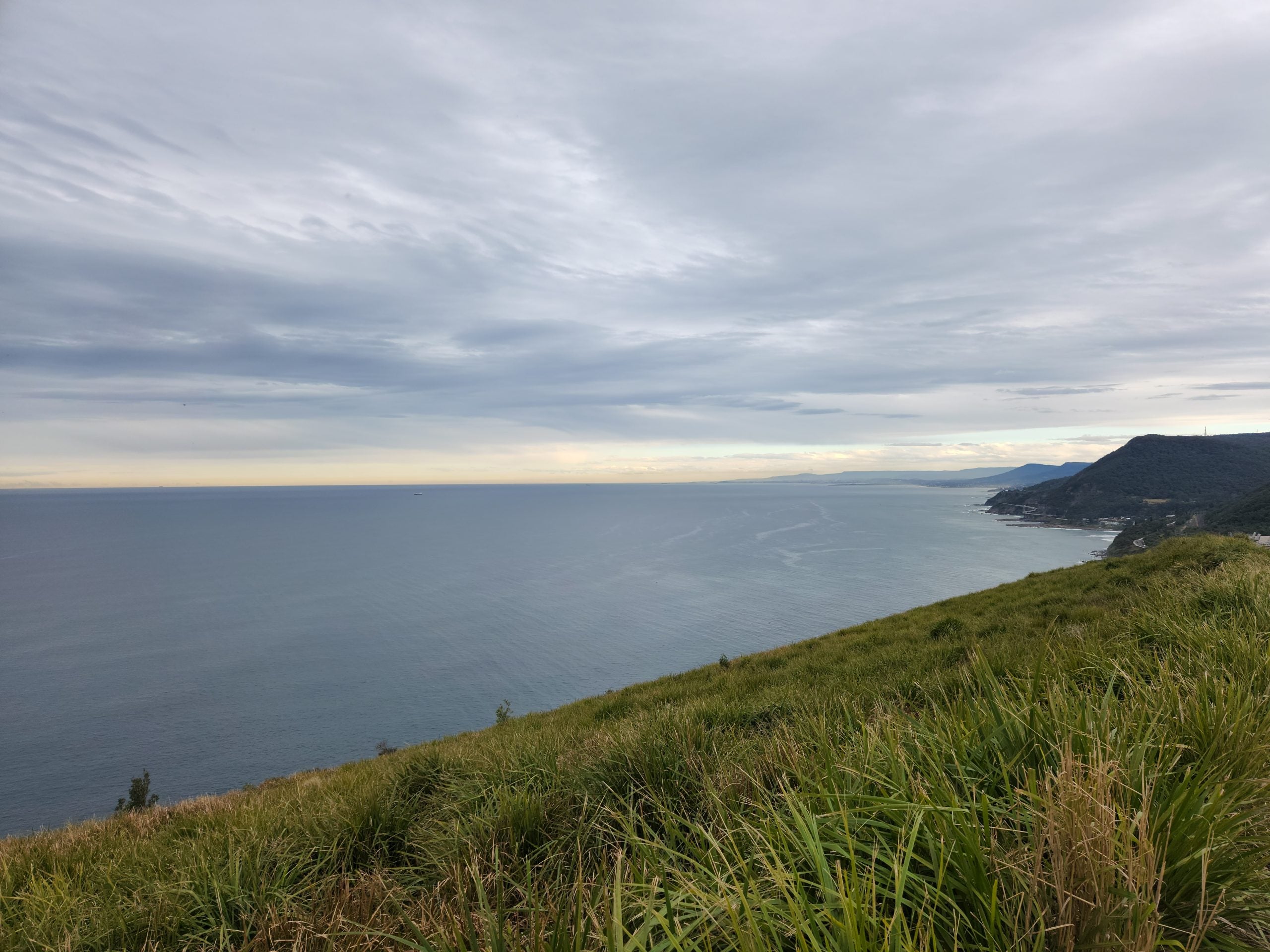(Editor’s Note: This is the sixth and final story in Dana Lynn McIntyre’s series on her trip to Australia)
Author Marie McCreadie realized the growing threat from Australia’s massive bush fires while at a December 2019 barbeque with friends near her home in Wollongong, New South Wales.
“We could see the smoke; we could see the flames on the escarpment,” she recalled.
It was Christmas Eve. McCreadie had been watching the spread of the fires since they began in October, the start of summer in Australia.
By mid-November images of towering flames and smoke were seen around the world.
McCreadie said it is common to have summer bush fires. What was unusual is how the fires spread.
“Normally you’d have one fire over there in the south, one up in the north but they’d all be a distance away. Then all of a sudden, they all just joined up, all of them. I mean it stretched from the whole state, which was unusual,” she said.

McCready is no stranger to traumatic events. She is the author of “Voiceless,” a book about the day in 1973 when she, inexplicably, became unable to speak. More than 10 years later at work she began to cough violently. In the restroom, she began coughing blood. She was rushed by ambulance to the hospital where doctors extracted an Australian three-pence coin from her throat. When and how she swallowed it remain a mystery to this day.
Wollongong was spared direct impact of the flames, but McCreadie said a by-product reached their homes.
“Christmas Eve and we’re outside in the backyard of our neighbors just having fun and we felt things falling on top of us. We thought ‘It’s snowing’ because we’re in the dark,” she said.
But it was not snow, it was ash from the fires.
“And we just sat there and looked at it for a little while which you shouldn’t do because we inhaled it. I ended up getting a very bad lung infection after it because it burns the lungs,” she said.
They also realized they were cut off, with flames closing major roads around them. However, living close to the Pacific coast afforded their area some protection.
A local recovery drive began, collecting supplies to send to the inland town of Bargo, about 30 miles northwest of Wollongong.
MORE: Adventures Down Under: Dingo sanctuary
“That was for the people of the town but also for the firefighters and the people who were there helping because they were running out of drinks when the water was cut off,” McCreadie said. “No supplies were going through from Sydney because the fires were that bad over the mountain. They couldn’t get through the mountains. Everybody gave something, even if it was just a six pack. The truck got full very quickly.”
Australians continued dealing with bush fires into early 2020, followed by clean up, recovery and rebuilding. They heard about a virus discovered in China, but their focus was closer to home.
“We were still reeling from the bush fires, so we did hear about it, but didn’t take much notice.” she said. “We’re still fighting fires and trying to get people housed and all that kind of stuff. It wasn’t until it actually hit here in Australia that we took note of it. I can remember people still saying, ‘Oh is it for real?’ I thought someone was joking. Surely, it’s not that bad. People are exaggerating. Until you end up with like 100 people in hospital. So, it hit us very quickly.”
By mid-March 2020 Australia declared a biosecurity emergency. The country was closed to incoming travel by non-residents. Residents were permitted to return but had to spend two weeks in quarantine in designated hotels. Australia’s six states and two territories also closed their borders to each other.
McCreadie said businesses closed which negatively impacted rebuilding after the fires.
“People who were building from the fires couldn’t keep building, everything sort of stopped. That was another blow for them,” she said. “People from the fire areas who had been burned out were housed with people who volunteered their homes to them, especially ones who have holiday homes. A lot of people from Sydney have their home in Sydney then they’ve got a holiday home like my neighbors next door here. So, a lot of them volunteered their homes to people until they could start building again and get things going. So that was good.”
Australia reopened its borders for fully vaccinated, international tourists in February 2022. By July, the requirement people entering the country needed to provide evidence of vaccination status was terminated.
McCreadie, who works for a doctor, said vaccinations are key to staying on the path to recovery.
“If you do get it shouldn’t be as bad as it was originally, shouldn’t put us into hospital,” she said. “We’ve got the vaccinations now to stop it from killing us. But yeah, look after yourself. Because we can’t keep going into lockdown.”
McCreadie said small businesses in and around Wollongong stayed open as best as they could by offering deliveries and takeout meals. Some survived, some did not.

A wife, mother and grandmother, McCreadie and her family gather whenever possible to support those that did make it through the COVID-19 lockdowns.

As for the areas devastated by the bush fires, Glenn Locke, captain of the Nana Glen Rural Fire Brigade, said, “The Aussie Bush will regenerate. It has burned like this for thousands of years. Rain fixes everything.”
Dana Lynn McIntyre is a general assignment reporter for The Augusta Press. Reach her at dana@theaugustapress.com












